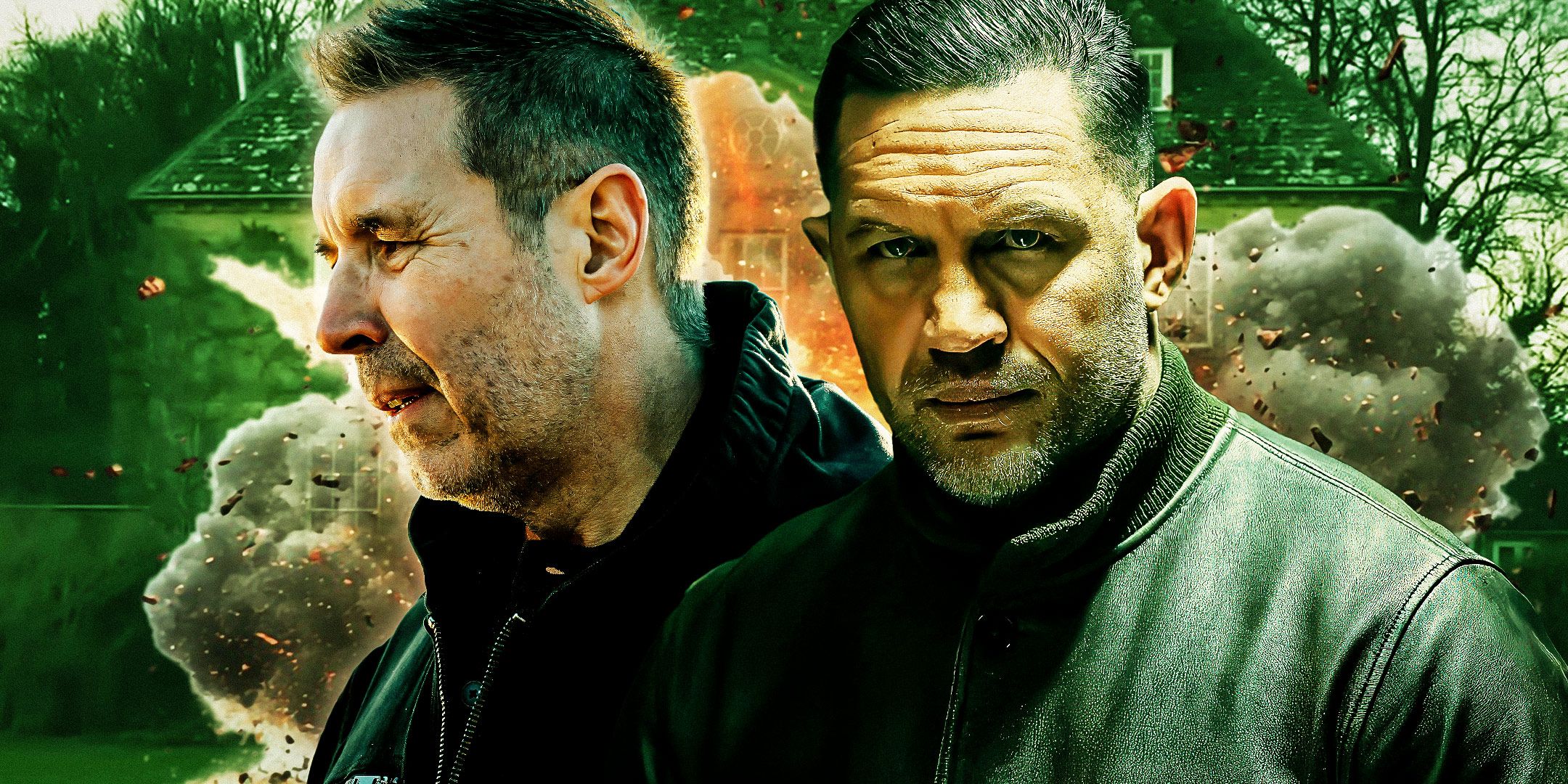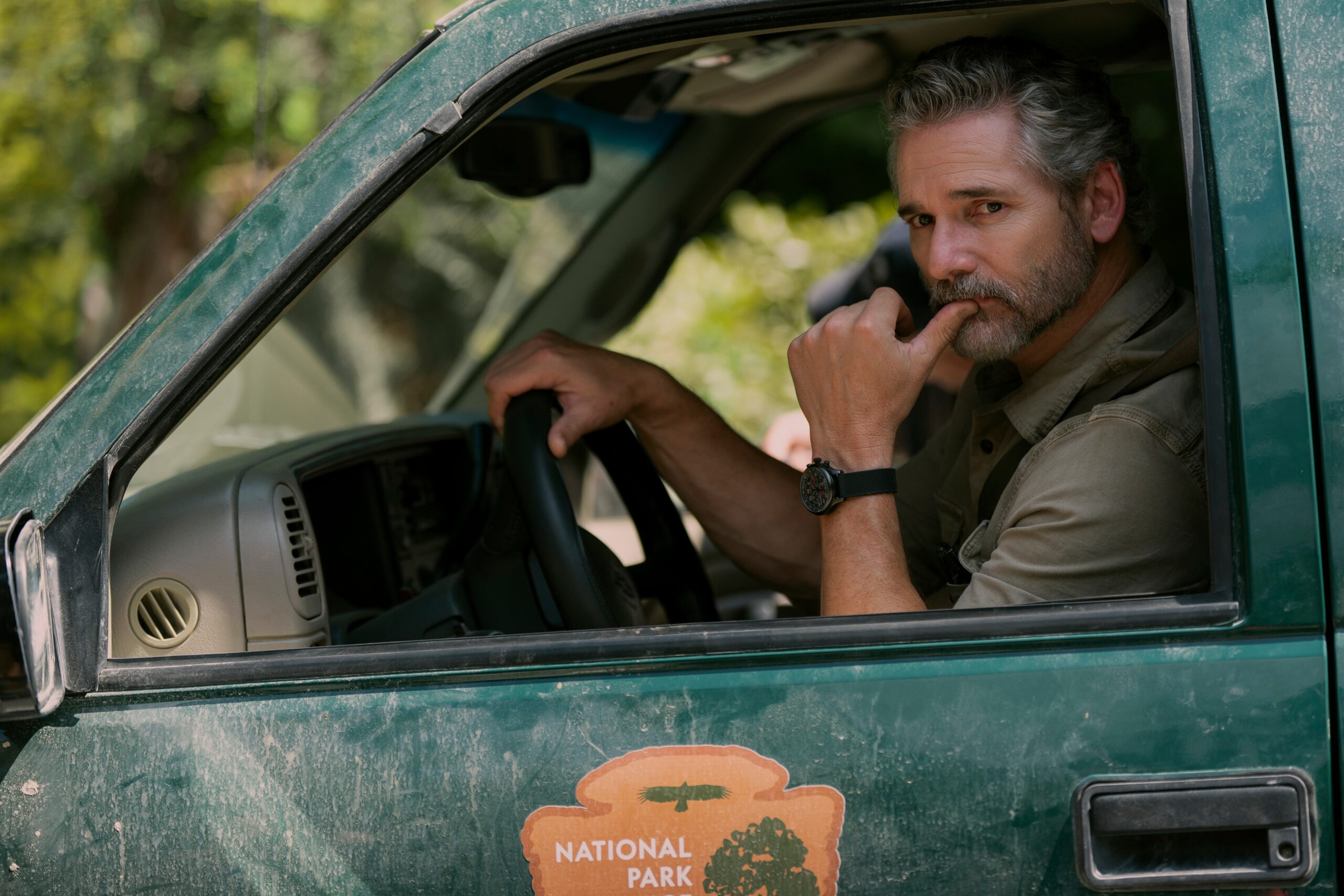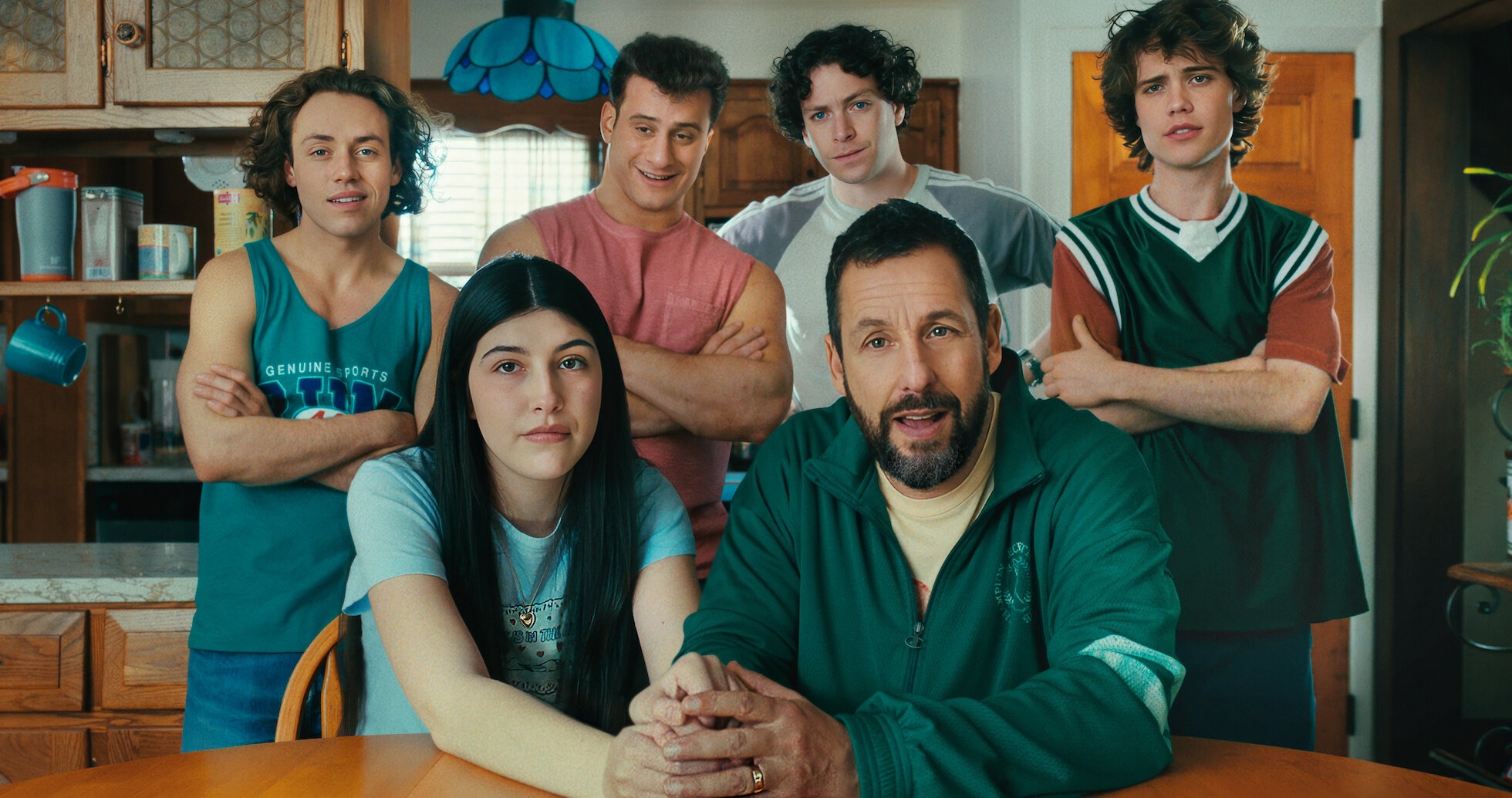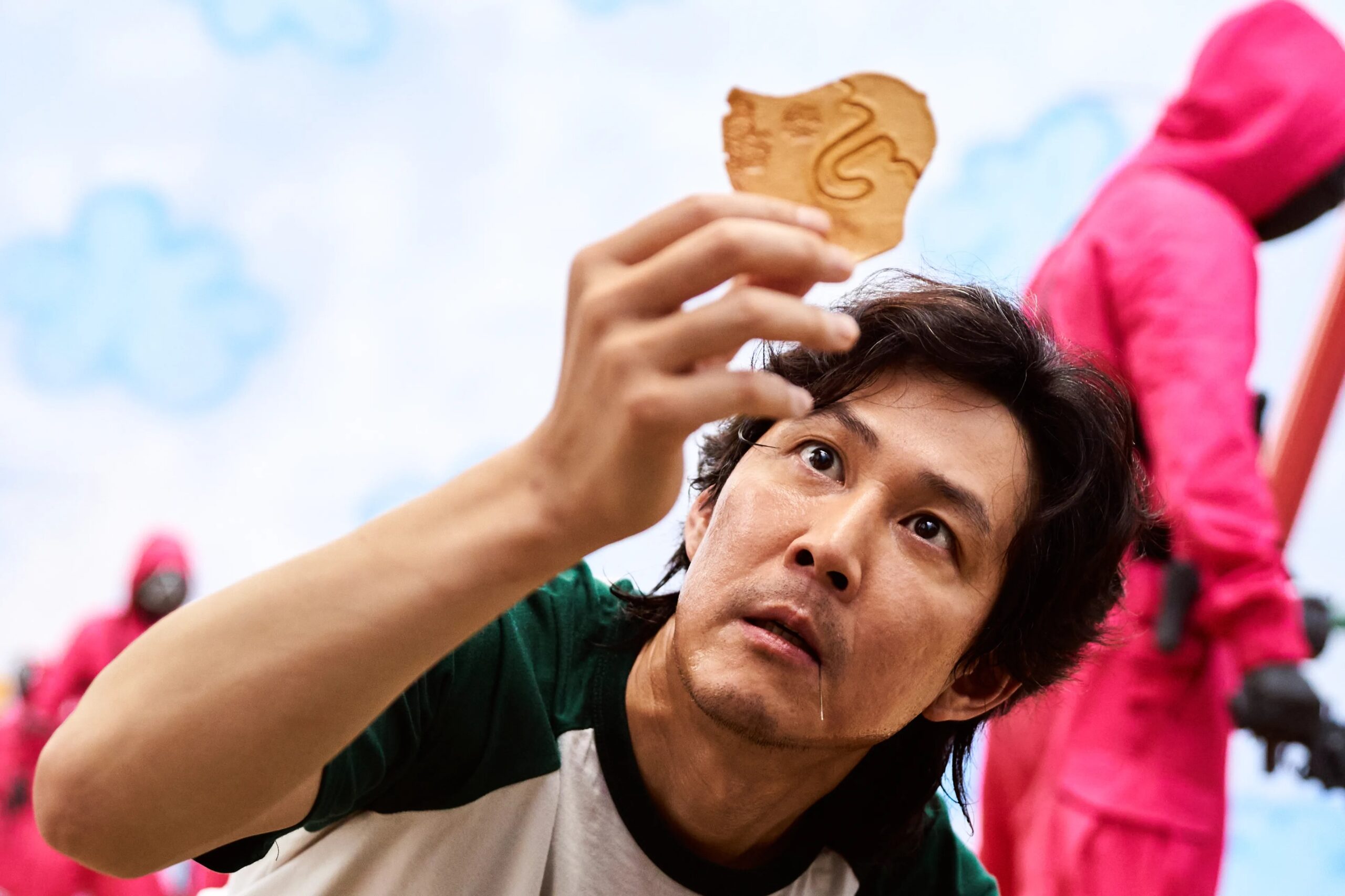Pierce Brosnan finally gets a meaty moment, in MobLand Episode 6 Anson Boon steals scenes, and the crime saga’s many dangling threads keep multiplying.
We’re officially at the midpoint of Paramount+’s London-set gangster opera, and the hour titled “Antwerp Blues” feels like a reluctant course-correction.
The episode tightens its focus on Brendan and Seraphina’s botched Antwerp diamond run, delivers Pierce Brosnan’s first real showcase as Conrad Harrigan, and gives breakout newcomer Anson Boon another chance to radiate jittery menace.
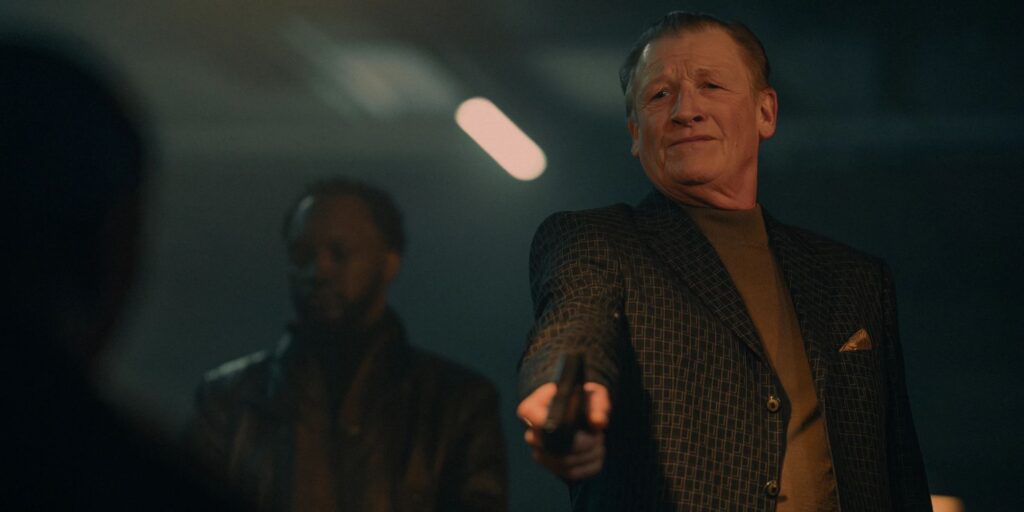
MobLand Episode 6
Yet for every step forward, the narrative trips over unresolved subplots, paper-thin character motivation, and whiplash cross-cutting that mistakes frenetic pacing for momentum.
Below is a spoiler-filled MobLand episode 6 review that breaks down what’s working, what’s still flailing, and why the clock is ticking on Guy Ritchie’s star-packed crime experiment.
A Rare Spark: Brosnan vs. Considine
The episode opens with Conrad taking responsibility for the hit on Vron Stevenson—a confession Maeve’s icy glare suggests is a lie.

MobLand Episode 6
That thin slice of dynastic double-cross finally lets Brosnan flex something beyond weary scowls. Squaring off with Paddy Considine’s Kevin Stevenson, the former Bond summons old-school charisma and a flicker of dread that almost justifies the “Conrad the Dread” moniker. Considine, still the series’ MVP, matches him beat for beat, simmering rage under a veneer of prison-bred discipline.
In five brisk minutes the show reveals how gripping MobLand could be if it stopped detouring and kept the two family patriarchs on a collision course.
The Antwerp Detour: Minor Characters, Major Airtime
Unfortunately, just as tensions peak, the script yanks us into an extended caper following Conrad’s children, Seraphina (Mandeep Dhillon) and Brendan (Daniel Betts).

MobLand Episode 6
These estranged heirs were largely peripheral until now; Episode 6 elevates them to co-leads as they attempt a black-market diamond buy. While the stakes should be high—Maeve tips off Richie so he can kill Sera as payback—the hour devotes most of its runtime to bickering in rental cars and a shoot-out Harry misses because he’s stuck weaving through traffic on a motorbike. The result: action with no emotional ballast. We barely know Seraphina beyond her perpetual unflappability, and Brendan remains defined by one adjective—“hapless.”
Cross-Cutting Chaos
Director Guy Ritchie’s trademark smash-edits usually inject swagger, but here the style becomes an impediment. Conversations that aren’t thematically linked—Bella and Jan lamenting mob-wife ennui, Kevin and Harry debating whether the Harrigan empire is crumbling—are chopped into bite-sized pieces and interleaved, as though proximity on an editing timeline will magically forge coherence.
It doesn’t. Instead, viewers are reminded how many plates the show is spinning: What happened to the rat in Episode 3? Did Archie’s corpse just vanish? Who was Bella’s French companion? Six episodes in, these threads dangle like loose wiring in a bomb Christophr Nolan abandoned.
Anson Boon: The Rookie MVP
Still, one character benefits from the swirl. As scheming grandson Eddie, Anson Boon flips between eager protégé and guilt-wracked co-conspirator with an inscrutable half-smile that could portend loyalty or patricide.
When Maeve (Helen Mirren) explains her plan—sacrifice Seraphina, spare Brendan—Boon makes Eddie’s reaction unreadable yet captivating. Is he thrilled to be in grandma’s inner circle or silently repulsed by the bargain? The ambiguity gives the episode sorely-needed electricity.
Women Written on a Single Setting
While Eddie surges, MobLand’s female ensemble remains frustratingly one-note: Bella (Lara Pulver), Jan (Joanne Froggatt), and Seraphina share the same imperturbable glare and clipped comebacks.
Froggatt, an Emmy-nominated powerhouse, is tasked with nothing beyond resigned cynicism. Even Mirren’s Maeve—introduced as a Machiavellian widow—is reduced to expository phone calls spelling out schemes the audience already grasps. In a cast this decorated, the lack of varied female characterization is not just a missed opportunity; it’s narrative malpractice.
Plot Mechanics vs. Plot Convenience
- Maeve tipping Richie makes nominal sense as quid-pro-quo vengeance, yet ignores that Richie watched Maeve blow up his wife—how afraid is he really?
- Harry’s absence from the shoot-out feels like scheduling camouflage; Tom Hardy is often helmeted or off-screen, suggesting limited availability.
- Conrad covering for Maeve remains unjustified. Devotion? Leverage? Episode 6 waves it away because “it doesn’t matter,” as Harry laments. But it does matter—motivation is the engine of crime drama.
Verdict: Still More Noise Than Music
“Antwerp Blues” proves MobLand can generate spark when it stops dithering. Brosnan vs. Considine, Boon’s slippery loyalties, and a late-act firefight hint at the muscular series audiences expected. Yet at the halfway mark, the show has advanced its core conflict—Harrigans vs. Stevensons—by maybe two chess squares. Four episodes remain to untangle half a dozen side plots, elevate its women beyond stoic eye-rolls, and give Tom Hardy more to do than rev an engine.

MobLand Episode 6
Right now, MobLand is the rare gangster saga that hoards plot twists yet somehow feels empty.
If Ritchie and creator Ronan Bennett can funnel all that kinetic editing into a single, combustible storyline, the back half could still land the killing blow. Otherwise, the series risks going down as high-gloss incoherence—a load of sound and fury, signifying very little.

